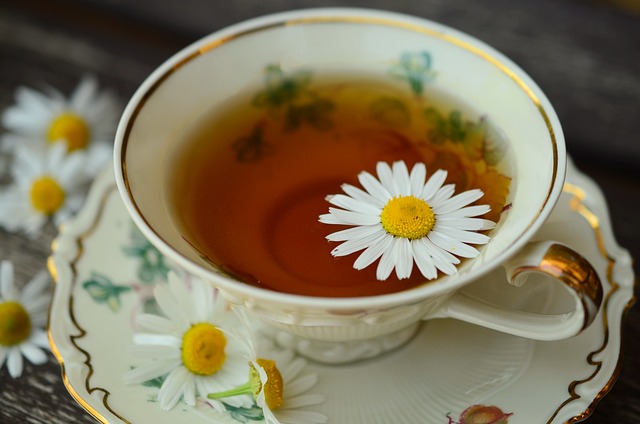
Anxiety is a common mental health issue that affects millions of people worldwide. It can cause feelings of fear, unease, and worry, which can be debilitating and impact daily life. While there are many medications available to treat anxiety, some people prefer to use natural remedies to manage their symptoms. As a Wellness Coach, I share techniques and recommendations on diet & nutrition to relieve symptoms of anxiety, as well as offering coaching and hypnotherapy to address root cause. In this article, we will explore some of the best remedies for anxiety and how they can help alleviate symptoms. This post will focus on medical treatments, alternative medicines and therapies. A follow-up post will address nutrition, lifestyle changes, exercise & relaxation techniques.
There are many ways to manage anxiety, including herbal supplements, exercise, and deep breathing techniques. These remedies can help reduce stress and promote relaxation, which can help alleviate anxiety symptoms. By incorporating these remedies into your daily routine, you may be able to manage your anxiety without the use of medication. However, medication can play a role and we’ll look at that here too. It is important to note that natural remedies may not work for everyone, and it is essential to speak with a healthcare professional before starting any new treatment.
In the following sections, we will address the issue of medication, & it’s natural alternative – herbal medicine, and discuss some of the most effective therapies for treating anxiety. We will explore the benefits of each remedy and how it can help alleviate symptoms. By the end of this article, you will have a better understanding of some of the key remedies for anxiety and how they can help you manage your symptoms. But first, let’s start with defining ‘anxiety’.
Understanding Anxiety
What is Anxiety?
Anxiety is a normal human emotion that everyone experiences at some point in their life. It is the body’s natural response to stress and danger. However, when anxiety becomes excessive and persistent, it can interfere with daily activities and lead to an anxiety disorder. Anxiety disorders are mental health conditions that affect millions of people worldwide, and they can manifest in different ways.
Types of Anxiety
There are several types of anxiety disorders, including generalized anxiety disorder (GAD), panic disorder, social anxiety disorder, specific phobias, and separation anxiety disorder. GAD is characterized by persistent and excessive worry about everyday events and activities, while panic disorder involves sudden and intense panic attacks. Social anxiety disorder is related to fear of social situations, and specific phobias involve irrational fear of specific objects or situations. Separation anxiety disorder is a common anxiety disorder in children, which involves excessive fear or worry about separation from parents or caregivers. Anxiety can also occur at specific times in life, especially in times of change. Stressful periods in life, such as moving house, losing a job or starting a new one, can also bring about anxiety. And women transitioning through the menopause coping with unpleasant physical symptoms and changes in mood can feel anxious and unsettled. If you are on the menopause journey, look out for posts such as this one as I offer free webinars from time to time. I will be a keynote speaker at a Menopause Summit in the new year and also plan to run an online Menopause Workshop in Spring 2024. If you scroll to the comments section of this post and click the box to get updates, you’ll be notified of all new articles.
Whatever the situation, and however anxious thoughts are showing up for you, I’m here to answer your cry for help.

Symptoms of Anxiety
Symptoms of anxiety can vary depending on the type of anxiety disorder, but they typically include feelings of fear, worry, and unease. Physical symptoms may include sweating, trembling, rapid heartbeat, shortness of breath, and nausea. Anxiety can also cause sleep disturbances, irritability, and difficulty concentrating. It is essential to seek professional help if symptoms of anxiety are persistent and interfere with daily activities
In summary, anxiety is a normal human emotion, but when it becomes excessive and persistent, it can lead to an anxiety disorder. There are several types of anxiety disorders, each with unique symptoms. It is crucial to seek professional help if anxiety symptoms persist and interfere with daily activities.
Medical Treatment for Anxiety
When it comes to treating anxiety, there are several medical treatment options available. These treatments include medications, therapy, and alternative medicine. As a Wellness Coach, my first priority is to my clients’ wellbeing and although the natural techniques I employ can co-exist with medication, I ask people to check with their doctor before starting a programme with me. It’s important to note that the best treatment for anxiety varies from person to person, and it’s essential to consult with a healthcare professional before starting any treatment.
Medications for Anxiety
Medications are often used to treat anxiety. Unfortunately, the medical profession’s knowledge of holistic therapies is limited, so prescribing drugs is often the default response. This is why it can be useful to consult with a Wellness Coach first to get a different view and be informed of the possibilities beyond simply medicating to relieve symptoms. Taking drugs can have unpleasant side effects and their use, and withdrawal, must be carefully managed. However, for some people pharmaceutical drugs are a preferred and effective method for managing anxiety so this article would be incomplete without some mention of them and the different types available.
Antidepressants, such as selective serotonin reuptake inhibitors (SSRIs), and tricyclic antidepressants are commonly used to treat anxiety disorders. Antidepressants are a class of prescription medication that are commonly used to treat depression, but they can also be used to treat anxiety disorders. They work by regulating the levels of certain neurotransmitters in the brain, such as serotonin and norepinephrine, which can help to reduce anxiety and promote relaxation. Sertraline is a commonly used prescription drug in the SSRI category.
Benzodiazepines are a class of prescription medication that are commonly used to treat anxiety and panic disorders. They work by enhancing the activity of a neurotransmitter in the brain called gamma-aminobutyric acid (GABA), which helps to reduce anxiety and promote relaxation. Some common benzodiazepines include Xanax, Valium, and Ativan. Benzodiazepines are typically only used for short-term relief due to their addictive nature. Buspirone is a medication that is specifically used to treat generalized anxiety disorder.
Therapy for Anxiety
Therapy can be an effective treatment for anxiety. Cognitive Behavioural Therapy (CBT) is a type of therapy that has been shown to be particularly effective in treating anxiety disorders. CBT focuses on changing negative thought patterns and behaviours that contribute to anxiety. Psychotherapy is another type of therapy that can be used to treat anxiety but for many people this process, which often involves constantly revisiting symptoms and talking through possible causes, can be a long-drawn out process, not to mention an expensive one
Hypnotherapy for anxiety
As a certified hypnotherapist, I feel hypnotherapy deserves a special mention if you’re considering therapy for anxiety. It aims to access the subconscious mind to create positive changes in thoughts, feelings, and behaviours. And here’s how it helps with managing anxiety:
- Relaxation: Hypnotherapy can induce a deep state of relaxation, reducing overall stress and anxiety levels. This relaxed state can allow the mind to be more receptive to suggestions and coping strategies
- Addressing Root Causes: Hypnotherapy can delve into subconscious thoughts and memories to identify and address the root causes of anxiety, such as past experiences or traumas. By uncovering and processing these underlying issues, anxiety symptoms are often more easily relieved
- Reframing Negative Thought Patterns: During hypnotherapy, I suggest alternative, positive thoughts and beliefs to replace negative or irrational thought patterns contributing to anxiety. This can help reframe perspectives and reduce anxiety triggers.
- Behavioural Changes: Hypnotherapy can also be used to reinforce desired behavioural changes, such as relaxation techniques, coping mechanisms, or specific strategies to manage anxiety symptoms. So if you WANT to dial down your anxiety but can’t get past your anxious thoughts to do so, these can reinforced with the unconscious mind and make the process easier.
- Building Coping Strategies: I work on building coping strategies and useful mental imagery to help my clients better manage anxiety-inducing situations in the future. These are reinforced during a hypnotic trance, harnessing the power of the unconscious mind.
- Self-Empowerment: Hypnotherapy empowers individuals by giving them a sense of control over their thoughts and emotions, fostering a more positive mindset. For my clients, the realisation that THEY are NOT their anxious thoughts can be a game changer
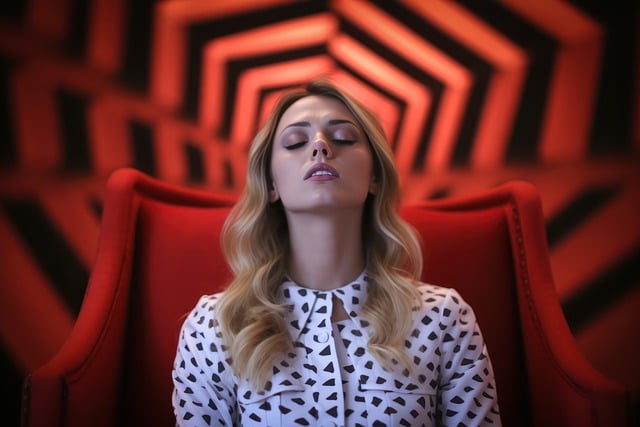
Herbal Medicine & Alternative Medicine for Anxiety
Alternative medicine can encompass a wide range of remedies, including relaxation techniques, such as yoga, and herbal medicine such as Chinese medicine and supplements. We’ll look at yoga, exercise, relaxation techniques and lifestyle changes in a separate post. In this article, we’re focusing on herbal and Chinese medicine specifically.
Herbal supplements have also been shown to be effective in reducing anxiety symptoms. These include:
- Kava: This is a plant that is native to the South Pacific. It has been used for centuries to promote relaxation and reduce anxiety. Kava supplements are available in capsule, tablet, and liquid form.
- Valerian: This is a plant that is native to Europe and Asia. It has been used for centuries to promote relaxation and reduce anxiety. Valerian supplements are available in capsule, tablet, and liquid form.
- Chamomile: This is a plant that is native to Europe and Asia. It has been used for centuries to promote relaxation and reduce anxiety. Chamomile supplements are available in capsule, tablet, and liquid form.
- L-Theanine: L-Theanine is an amino acid that is found in green tea. It has been shown to promote relaxation and reduce anxiety. L-Theanine supplements are available in capsule and tablet form.
- Passionflower. This is a climbing vine native to the South Eastern United States that was used as a sedative by Indigenous peoples. It is currently used to combat anxiety and promote sleep.
Omega-3s are necessary for nervous system development and Omega-3 supplements may also be beneficial for reducing anxiety symptoms. Some supplements, such as chamomile and valerian, are also available as essential oils that can be diffused and used as aromatics. Essential oils of lemon balm, bergamot, and jasmine are calming, and you can use them as aromatherapy remedies for managing anxiety too. Place several drops in a warm bath or atomizer, or on a cotton ball. Cannabidiol (CBD) is an active ingredient in cannabis that is derived from the hemp plant, but it does not cause a high and is not addictive and is also used to manage anxiety.
Chinese medicine includes acupuncture & Chinese herbal remedies. Acupuncturists treat people with anxiety based on an individualized assessment of the excesses and deficiencies of qi located in various meridians. With anxiety, a qi deficiency is often detected in the kidney or spleen meridians. In addition to performing needling treatments, acupuncturists may also use lifestyle and breathing techniques, as well as herbal and dietary therapy.
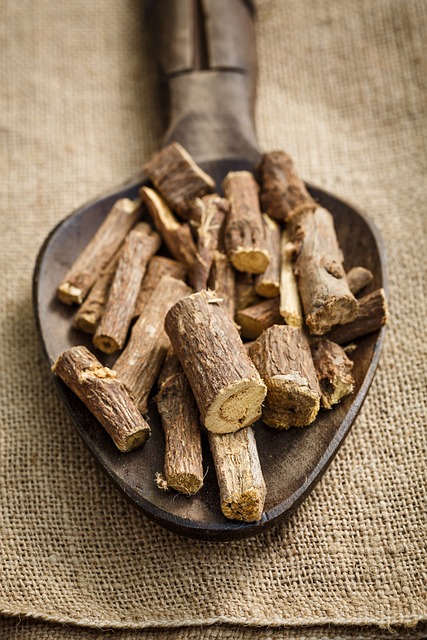
Chinese herbal remedies for anxiety have been scientifically studied for decades. A well-known Chinese herb for anxiety is ginkgo biloba, one of the world’s oldest tree species. Many herbal remedies contain blends of specially-crafted ingredients that promote a soothing anti-anxiety effect on the mind. A popular remedy is Banxia houpu decoction, which contains pinellia tuber, magnolia bark, hoelen, perilla herb, and ginger rhizome.
Homeopathy is a form of complementary medicine in which ailments are treated by minute doses of natural substances that in larger amounts would produce symptoms of the ailment. Here are some homeopathic remedies used for the treatment of anxiety:
- Aconitum. For anxiety accompanied by irregular or forceful heartbeat, shortness of breath, or fear of death.
- Arsenicum album. For excessive anxiety that has no clear cause and is accompanied by restlessness. It also may be used for perfectionists, including children, who worry about everything.
- Phosphorus. For an impending sense of doom and anxiety when alone. It also may be used for impressionable adults and children who are easily influenced by the anxiety of others.
- Lycopodium. For performance and other types of anxiety in those who are insecure, yet hide their low self esteem with arrogance and bravado. It also may treat children with anxiety accompanied by bedwetting.
- Gelsemium. For performance anxiety resulting in diarrhoea, headache, dizziness, weakness, shakiness and trembling, or trouble speaking.
- Argentum nitricum. For performance anxiety (such as before tests in school-age children) with rapid heart rate, feeling of faintness, diarrhoea, or flatulence.
It’s important to note that alternative medicine treatments should be used in conjunction with traditional medical treatments and under the guidance of a healthcare professional. Recreational drugs, alcohol, smoking, caffeine, and high levels of cortisol can all exacerbate anxiety symptoms and should be avoided.
In conclusion, there are numerous medical treatment options available for anxiety, including medications, therapy, and alternative medicine. It’s important to consult with a healthcare professional and a Wellness Coach to determine the best treatment plan for your individual needs.

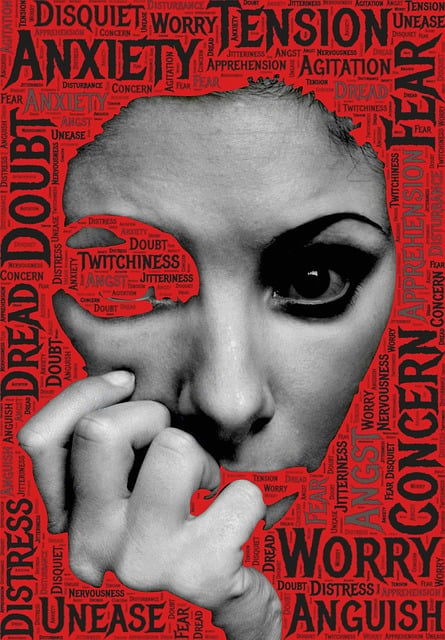

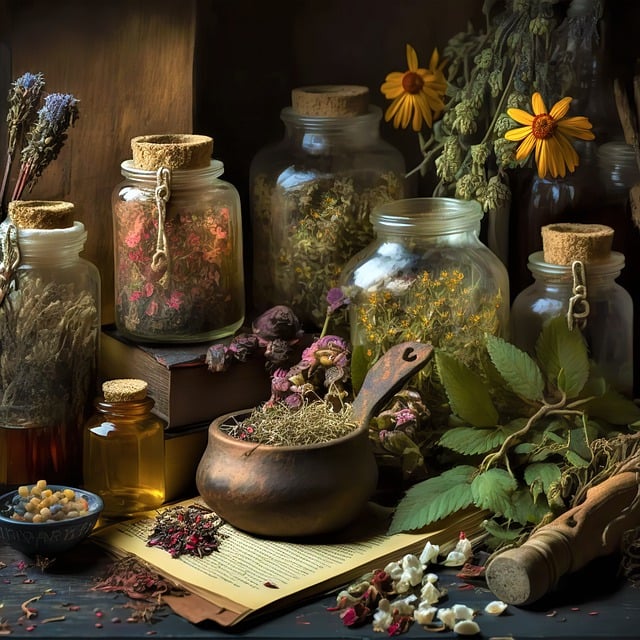
My anxiety completely lifted after a hypntherapy session with Denise. The results were truly incredible